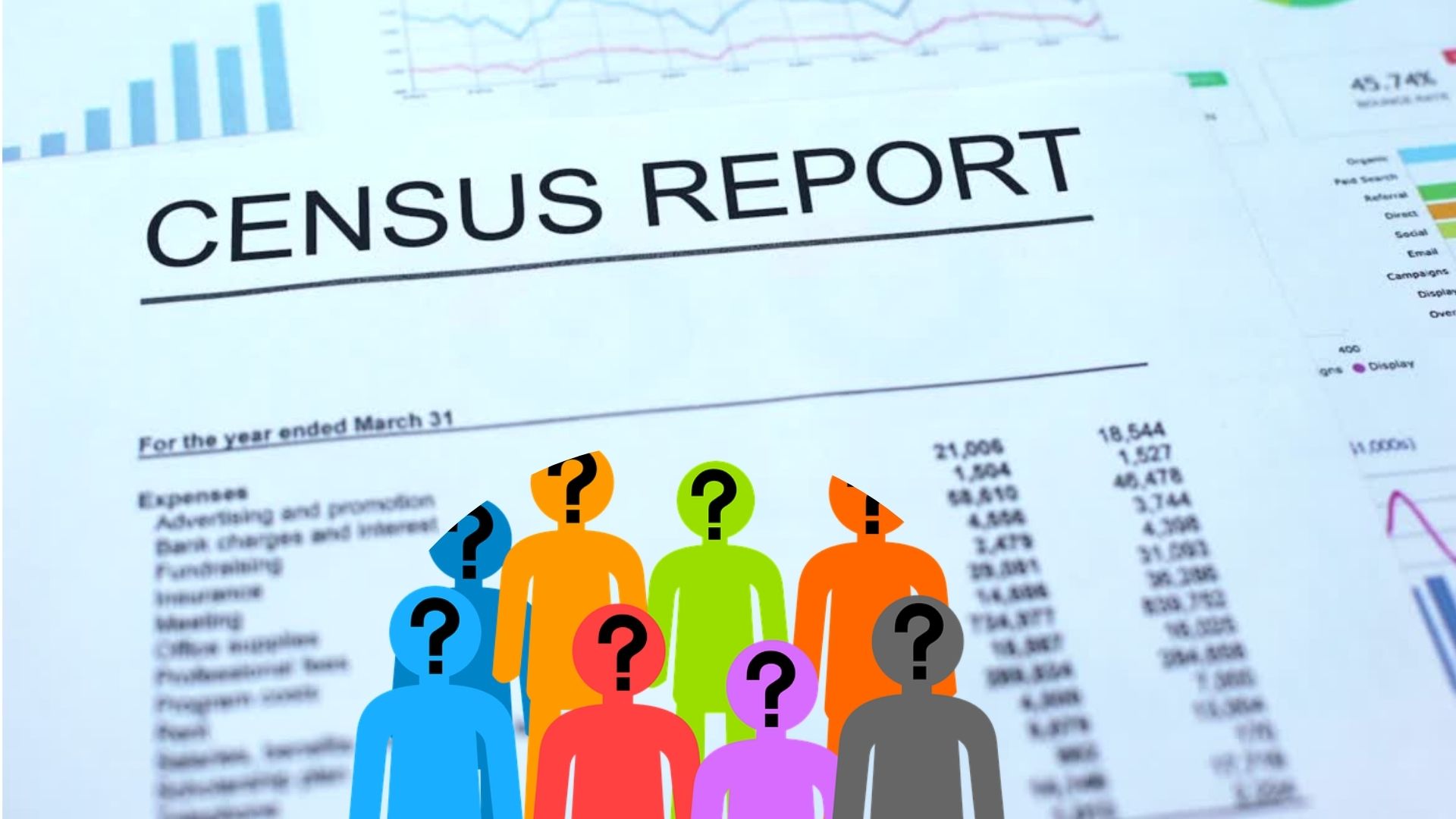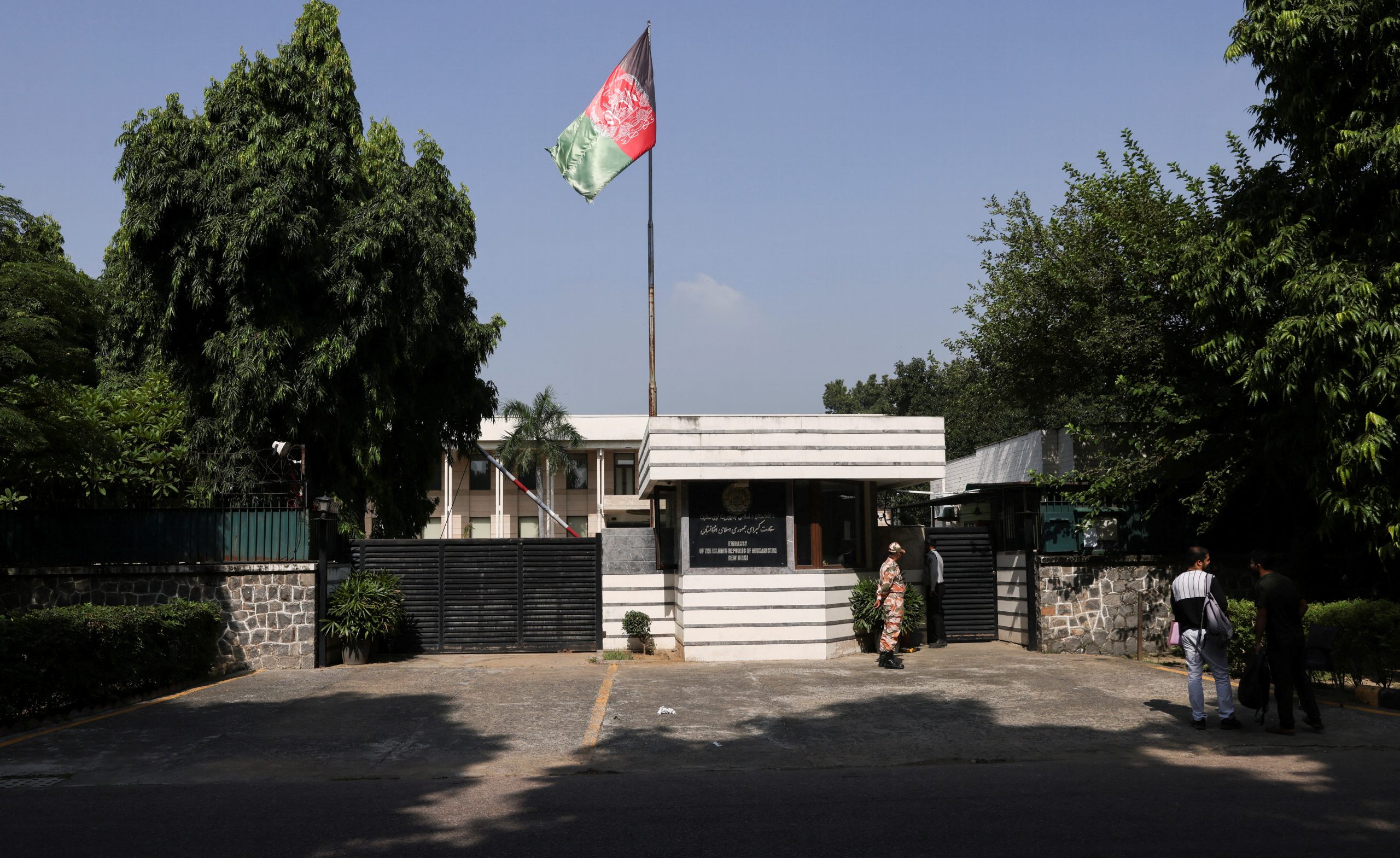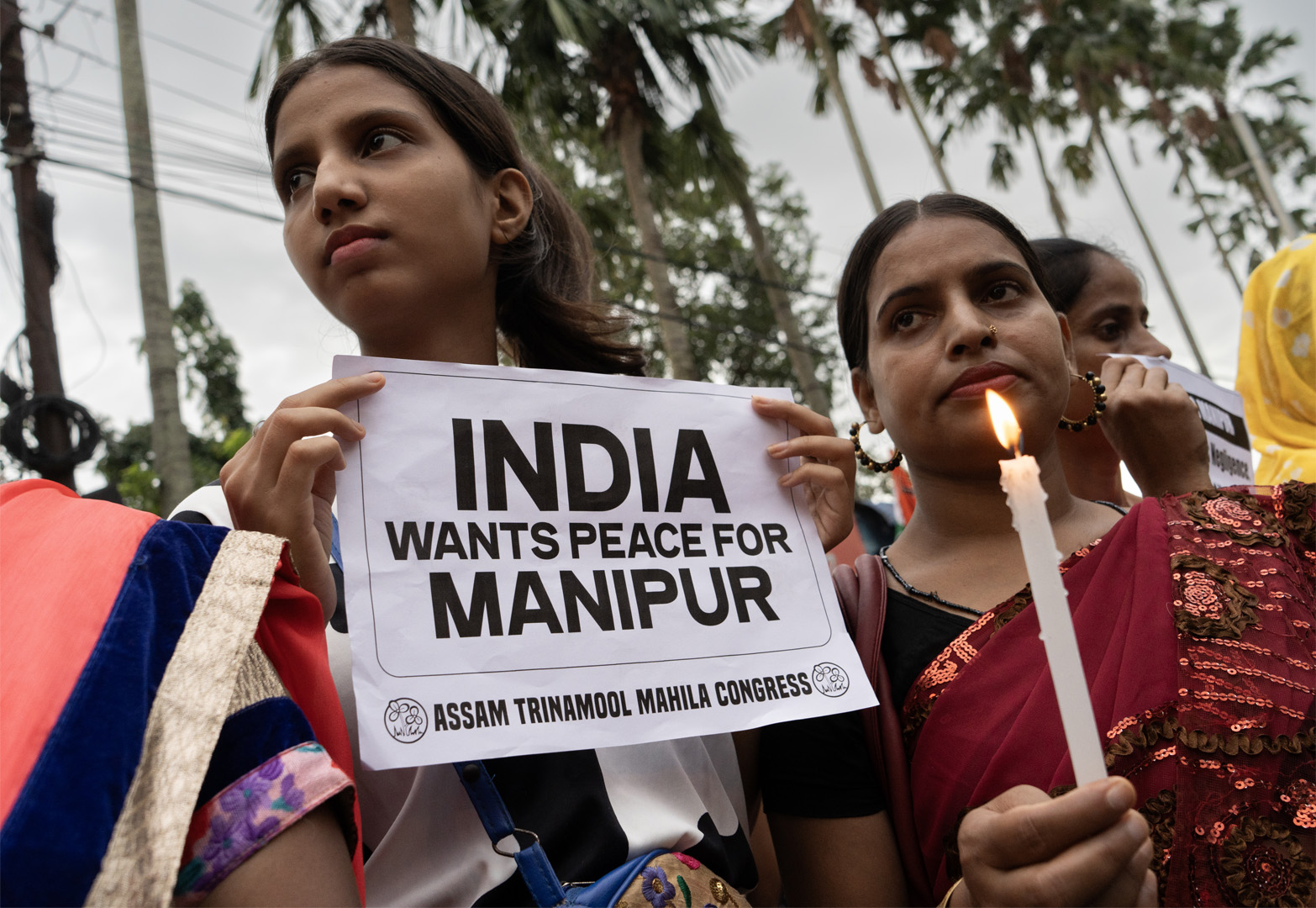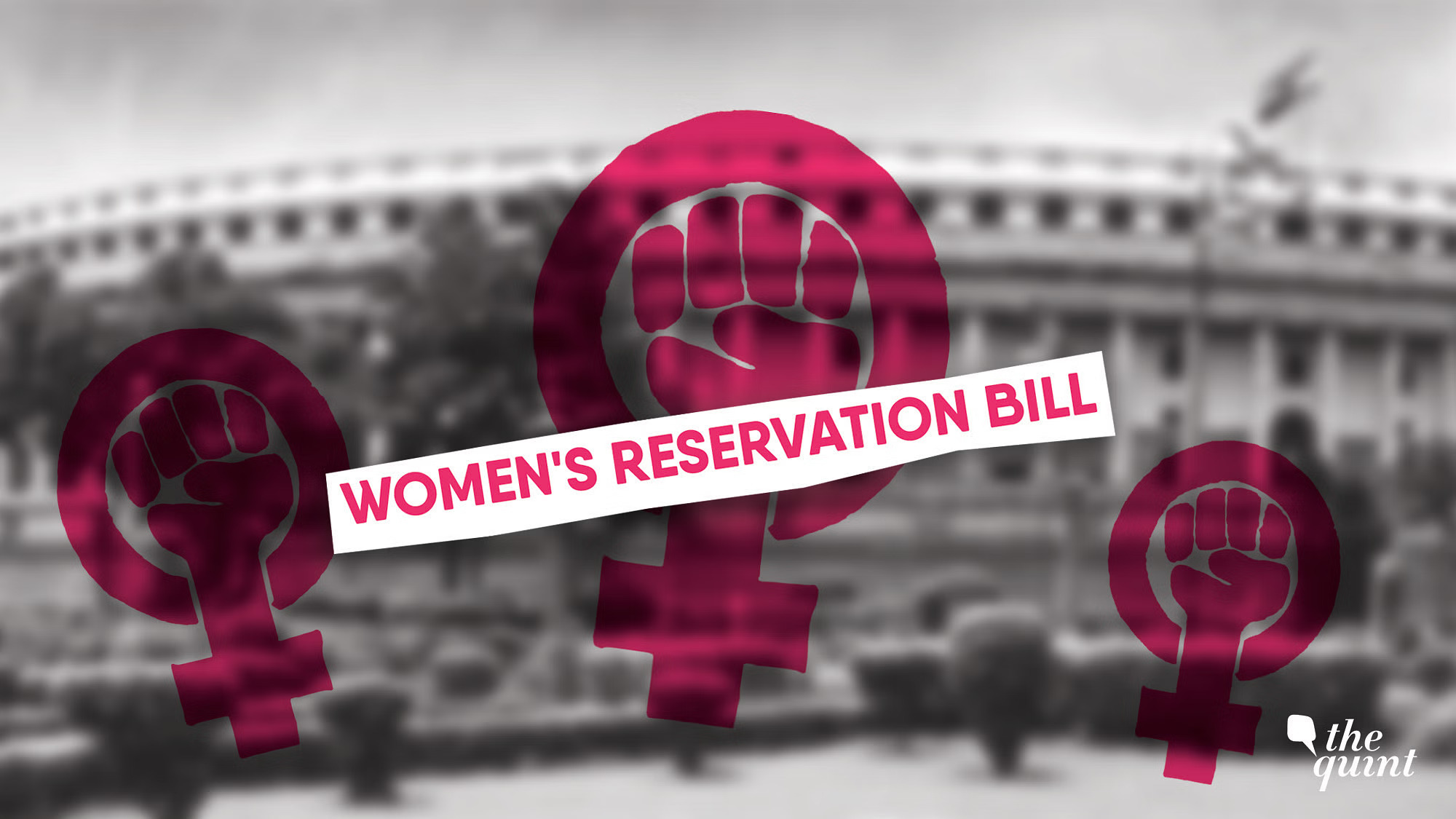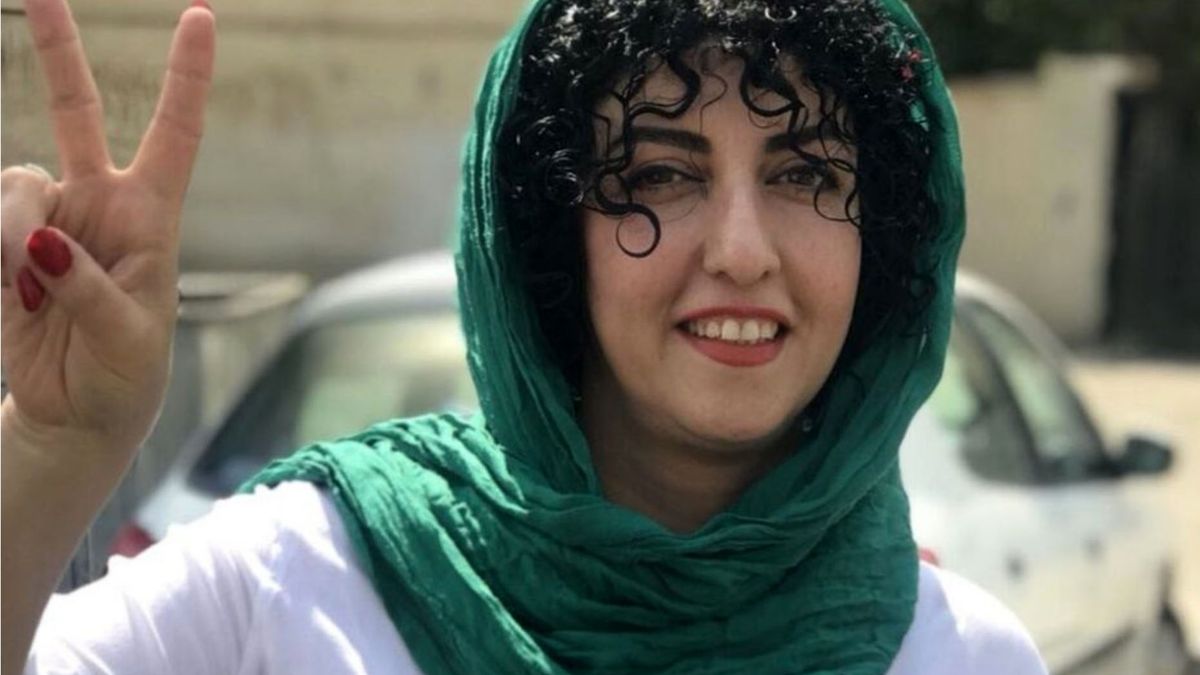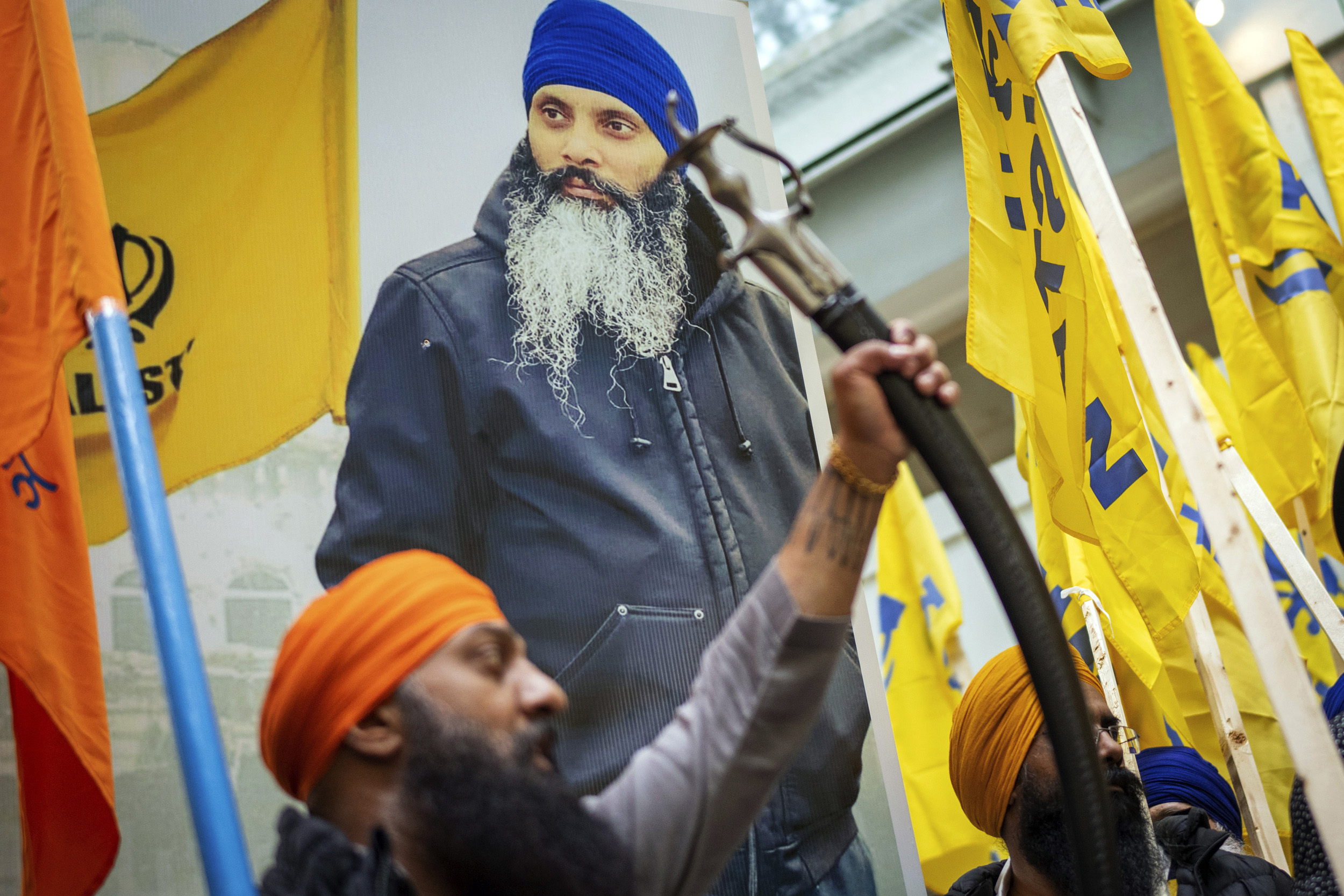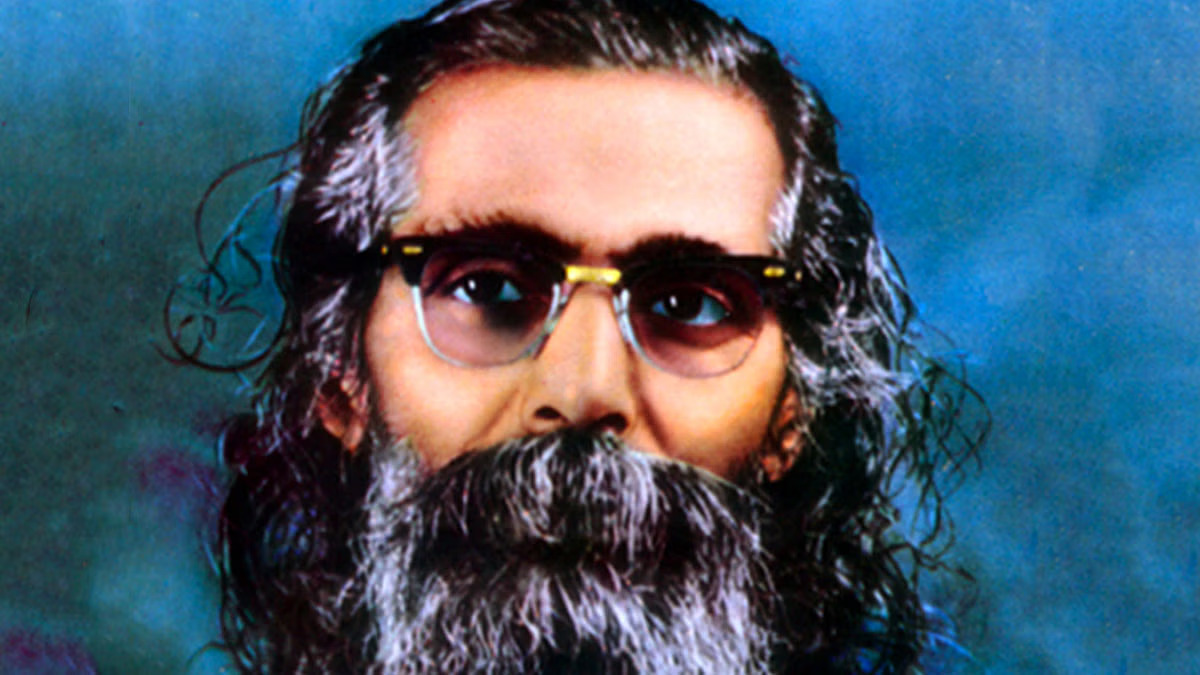Rahul Gandhi’s recent proposal for a caste-based census has emerged as a game-changing idea in the world of Indian politics, where every action is examined, analysed, and argued. This action by the leader of the Congress party has the potential to change India’s sociopolitical landscape. Caste-based censuses are not altogether a novel concept. During the British colonial era, in 1931, India conducted its final caste census. Since then, succeeding governments have been apprehensive about carrying out a new, thorough study of caste demography. Rahul Gandhi’s plan, however, has reignited the discussion and is giving it new life.
We have seen how the Bharatiya Janata Party has tightened its grip on the Hindi heartland since 2014. For instance, we observe the BJP winning every single seat in the Lok Sabha in Gujarat and Rajasthan and doing so twice in succession. In state elections, things are rather better for the Congress and regional parties. The consolidation of the Other Backward Classes, or OBCs, particularly the lower OBCs, is the foundation of the BJP’s power in the Hindi heartland.
A caste-based census’s main goal is to compile information on the socioeconomic and demographic circumstances of the various caste groups in India. This information might be useful in developing and putting into effect policies that specifically address the interests and issues of distinct caste communities. It can aid in locating discrepancies in the accessibility of jobs, healthcare, education, and other crucial services.
India is a multicultural country with a complicated social structure, where caste has historically had a big impact on societal development. Despite legal restrictions and affirmative action initiatives, caste-based prejudice and injustice still exist. In order to raise awareness of these challenges and make sure that policies are successfully crafted to elevate marginalised people, Rahul Gandhi is pushing for a caste census.
It helps that Prime Minister Narendra Modi, the BJP’s well-known face, is also from a lower OBC community. The BJP has succeeded in uniting what was once a dispersed caste group, along with persistent booth-level engagement of OBCs. Lower OBCs, which are frequently dispersed and small, used to be the ultimate swing demographic. As voters like Muslims, higher castes, and Dalits tend to have strong party and ideological attachments, these were the electors who would change administrations.
Moving the lower OBC vote is crucial if the opposition, and in particular the Congress, are to challenge the BJP’s dominance. Even a small change in this vote can result in Congress winning seats from the BJP in close races.
This is why Rahul Gandhi’s call for a caste census and increased OBC representation is revolutionary. The results of the assembly elections in Rajasthan, Madhya Pradesh, and Chhattisgarh in December will show the impact. Rahul Gandhi has successfully dispelled whatever uncertainty the Congress may have ever had about calling itself an OBC party. He correctly noted that three of our current Congress chief ministers are members of the OBC.
In practically every state, caste groups are demanding more representation. Agitations exist, and they can occasionally become violent. The OBC of today is knowledgeable about history and empowered by smartphones. Every state is fighting against the 50 percent cap on total reservations.
Therefore, it is critical to have up-to-date and accurate information on caste demography. In 1931, there was the final recognised caste census. Caste censuses are a concept whose time has come in 2023. Bihar just demonstrated that it is simple and feasible. Rahul Gandhi has identified the appropriate problem at the appropriate moment. For OBC youngsters all over India, the release of the Bihar statistics would make it clear how they may profit from the caste census. It supports their demand that the 50% ceiling be lifted.
Rahul Gandhi has criticised the BJP for just making modest efforts to advance the OBC. He has made the point that upper castes dominate the top levels of the bureaucracy and that OBC reservations for women in legislatures should be included. We will gain clarity regarding caste demographics and economic status through a good caste census, in addition to caste demography. The Congress Party and social justice might both benefit more from this.
In the 1990s, the Mandalization of Indian politics caused the Congress to suffer. Rahul Gandhi’s call for a caste census has the potential to turn the Congress’s vulnerability into a strength. Data from caste censuses can show how well or poorly a community is doing. This will result in justifiable requests for quota increases and decreases through sub-categorization. By doing this, the Congress can firmly align itself with lower OBCs, who, with Fevicol Ka Jod, appeared to be loyal to the BJP.
The caste census pitch may increase the Congress party’s support if the Bharat Jodo Yatra strengthened its grip on its base supporters. Election politics in the Hindi heartland could become less one-sided with even a 2-3% vote shift from the BJP the Congress on this basis. Beyond its rivalry with the BJP, Rahul Gandhi’s proposal has greater potential. Even local parties will be alarmed by the Congress’s potential influence on their supporter groups.
Rahul Gandhi is paving the road for the Congress party’s national vote share, which has been constant at 19–20% since 2014, by persistently supporting caste census and more OBC representation. young from OBC who are unemployed may see new chances open up for them through a rise in OBC representation, with unemployment being the largest problem for Indian young. This might sway young people, including first-time voters, to support the Congress. The BJP has performed exceptionally well in this sector thanks to PM Modi’s charisma. Rahul Gandhi might have discovered his own ‘polarisation’ to take on the BJP given their uneasiness with the caste census issue.
It is significant to emphasise that carrying out a caste-based census is a difficult task with logistical difficulties. The government would have to make sure that the procedure was followed precisely and without any data misuse or privacy violations. Furthermore, the information gathered must be used sensibly for societal advancement rather than for dividing ends.
Finally, Rahul Gandhi’s call for a caste census has the ability to alter the course of events in India. It has reopened a vital discussion about social injustice, prejudice, and the requirement for data-driven policies. Whether it materialises or not, the discussion surrounding the caste census has already shown how critical it is to address pervasive problems and work towards a more equitable and inclusive society.
